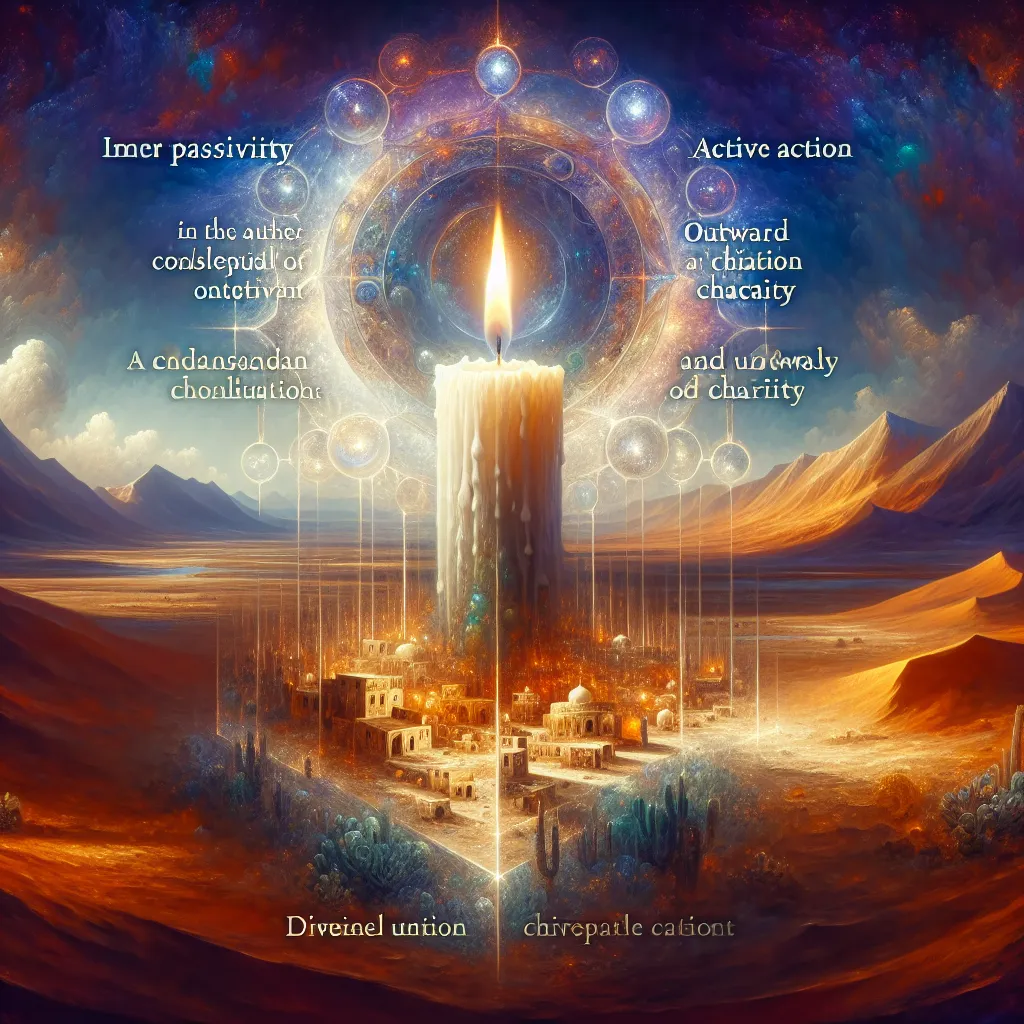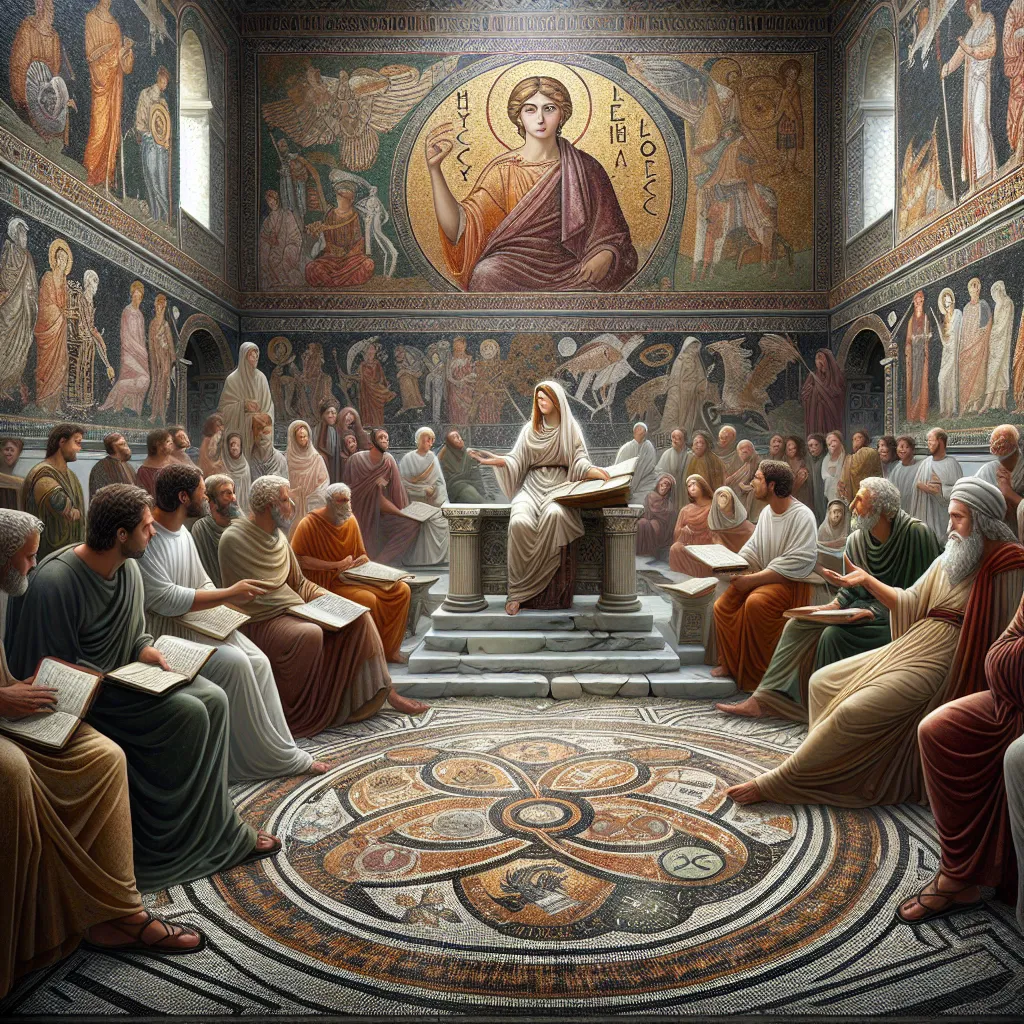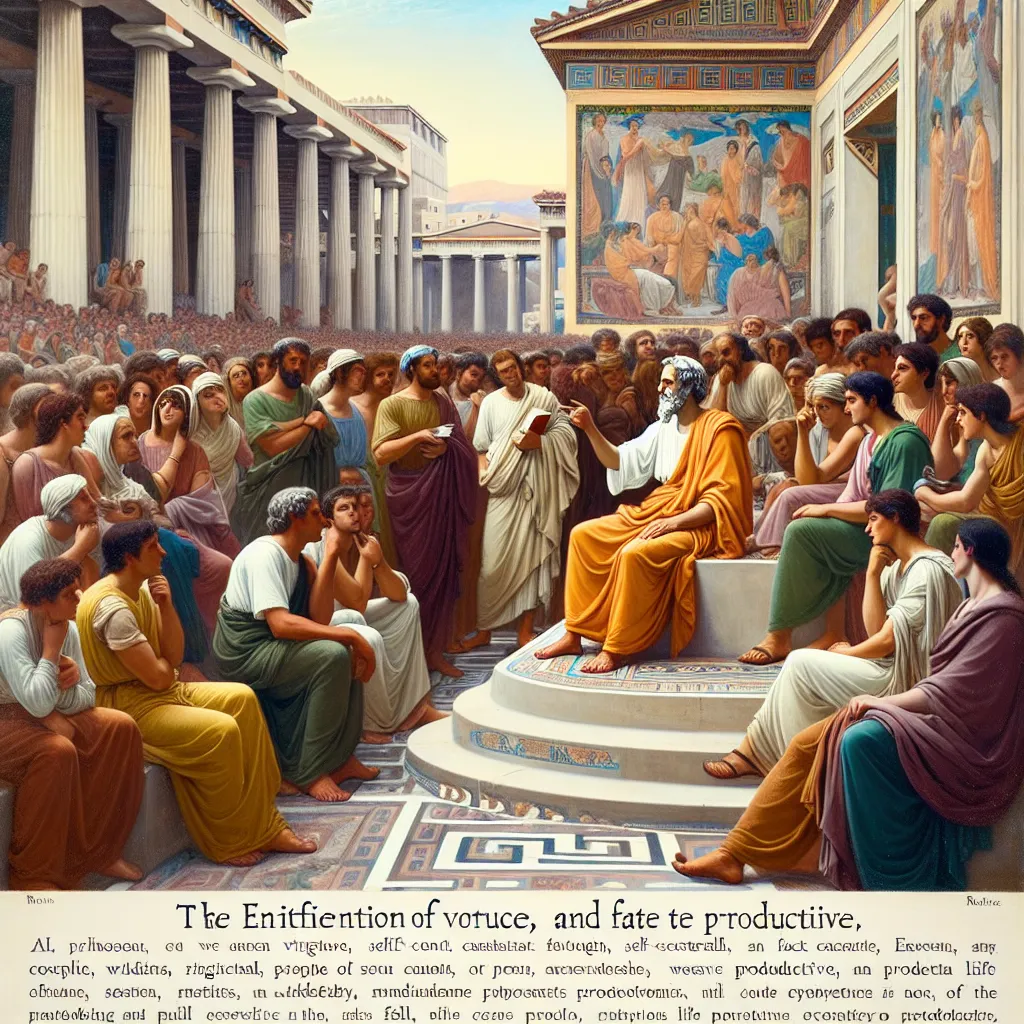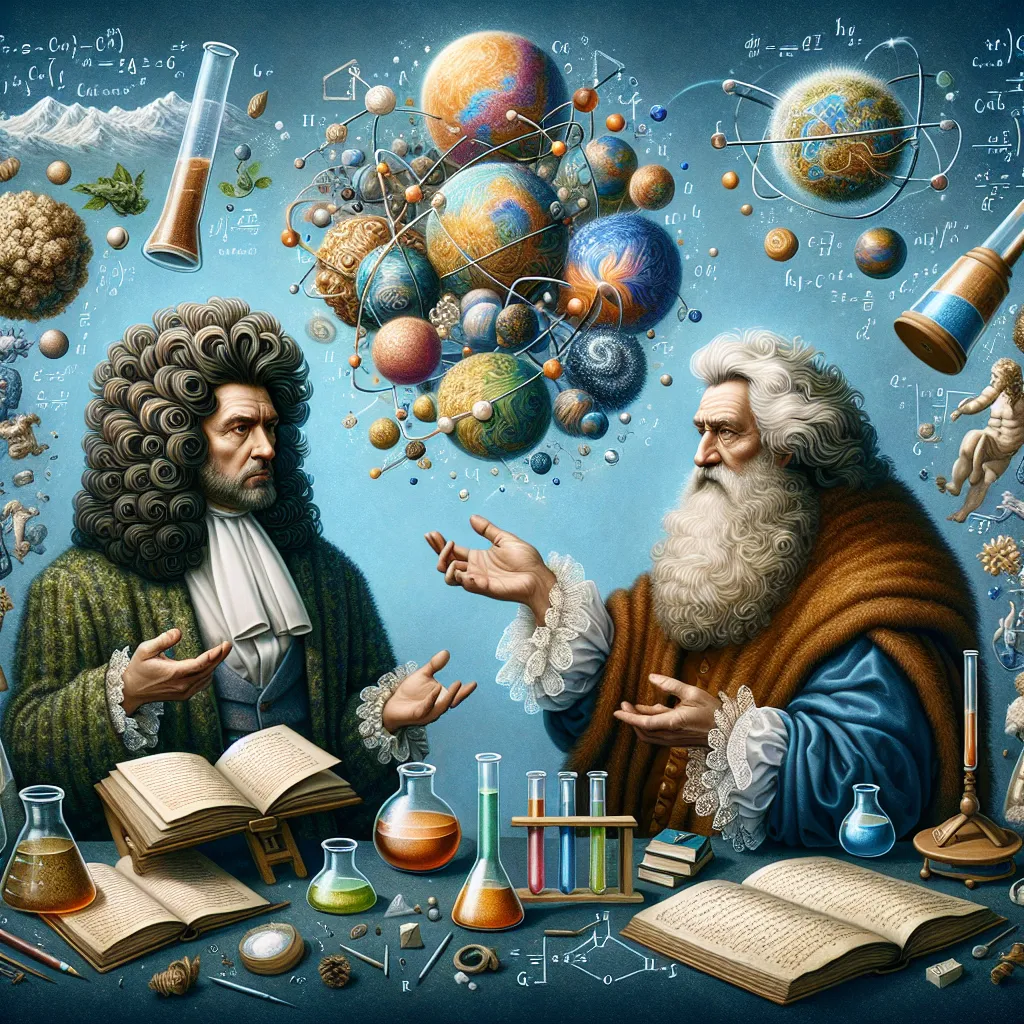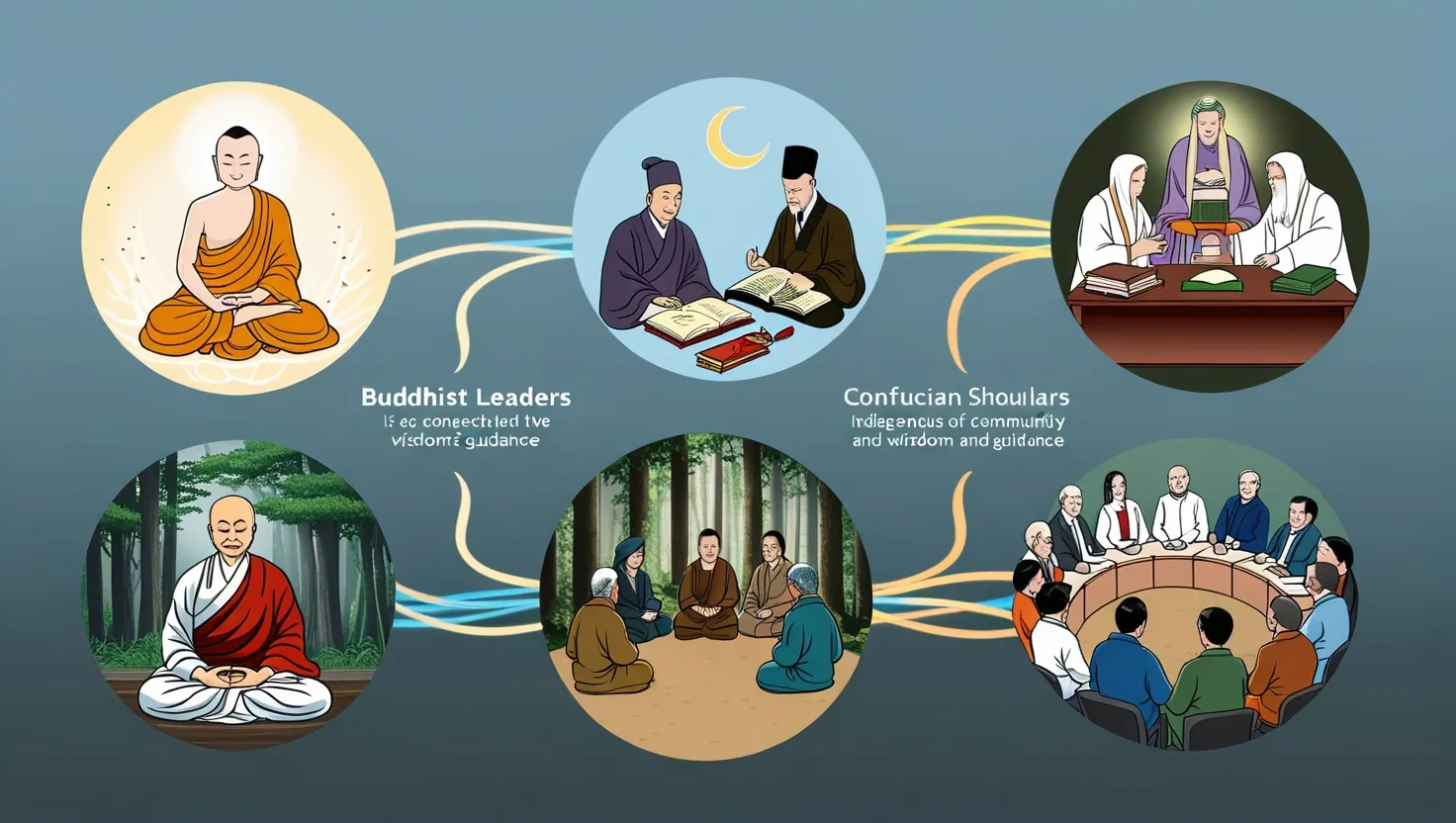It’s the third week of Advent and today we’re diving into the third Christmas sermon by Meister Eckhart, our Dominican Catholic Mystic and philosopher friend. Let’s hope your week has been on the brighter side. The response to the first two videos has been heartwarming, and I hope you enjoyed the last one.
With This Article, we’re going deeper. Sermon three continues familiar themes but probes more into the relationship between inner passivity and outer action – crucial questions about spiritual stillness and our external religious practices. Eckhart will again share his wisdom, starting with lighting the third candle of Advent.
Eckhart starts with a powerful Bible quote, Luke 2:49, “I must be about my Father’s business.” He uses this to delve into the concept of the Eternal birth occurring both in time and within the soul’s depths.
To experience this inner birth, Eckhart teaches that man has to intensely withdraw his senses from the outer world, which requires monumental effort – echoing Christ’s teaching that the Kingdom of Heaven is seized by force. This showcases that spiritual practice isn’t about idly waiting; it’s an active, dedicated pursuit of merging with God.
Eckhart then explores whether this divine birth happens continuously or intermittently. He breaks down our mental faculties into the active intellect (always ready to act either within God or creatures) and the passive intellect ( waiting to be directed by God). Thus, the mind must surrender its activities to let God work, representing a dance between our effort and divine intervention.
But Eckhart argues, this union with God can’t be a constant state. If the soul were to always experience God directly, it would be unable to engage with the world. God alternates his presence to ensure we stay functional in worldly tasks. Even the Apostle Paul experienced periods of spiritual union so overwhelming, he had to return to normalcy to maintain his earthly responsibilities.
He also touches on the theological concepts of active, passive, and potential intellects – philosophical groundwork laid by Aristotle and integrated into Western theological tradition by figures like Abulafia in Judaism. This balance he describes ensures we understand the receptive nature of our passive intellect, which Eckhart clarifies further with the analogy of active versus receptive forms of divine knowledge.
Eckhart’s sermon then addresses the practical dilemma: how can we reconcile a life guided by passive, divine reception with the need for active charity and altruism? He praises the contemplative life for its insights but highlights the necessity of active, charitable work, as commended by Christ. Serving others should stem from this divine union, not in place of it.
This duality – contemplation feeding and perfecting action – reflects in many religious traditions, including Sufism and Hindu bhakti-yana dynamics. Eckhart’s idea that true service emerges from inner divine union is crucial. It’s a call to live acts of charity grounded in spiritual profundity.
In elaboration, Eckhart touches upon religious practices. He argues these are crucial for curbing our uncontrolled desires and balancing our souls until we align completely with God. Yet, for those deeply immersed in true inwardness, Eckhart suggests a radical freedom from these practices, even from vows, during periods of intense divine contemplation. This idea sparked controversy historically, pushing the boundaries of accepted ecclesiastical norms.
For laypersons and religious adherents alike, Eckhart makes a concession: if expressions of religious discipline hinder rather than help union with God, it’s permissible to abandon them. This teaching treads on sensitive theological ground, but Eckhart emphasizes inner truth over outward observance.
Finally, Eckhart concludes by reiterating the importance of relinquishing self-attachment, comparing this state to a desert – a powerful image of spiritual emptiness and readiness. He asserts that all actions born from this divine union are essentially God’s work, urging us to accept this divine orchestration and live a life of quiet, faithful surrender.
That wraps up the third sermon. Despite its complexities, it holds profound insights and challenges us to ponder deeply. Let’s keep the conversation going in the comments. I’d love to hear your perspectives and interpretations.
I’m excited about next week’s final sermon. Spending Advent with Eckhart has been enriching, and I look forward to continuing this journey. Thanks for joining, and may your week be joyful and reflective. See you in the next article!
